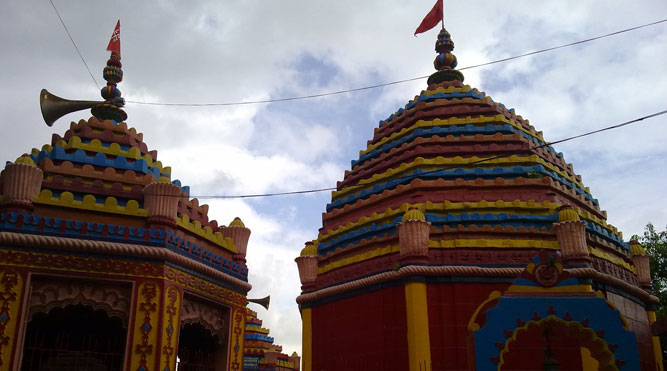This is a sensitive time. A notice issued by the Supreme Court to the Centre regarding a petition questioning the Places of Worship (Special Provisions) Act, 1991 may send confusing signals. Renewed discussion on a law that prevents the conversion of religious places and upholds the continuation of their religious character as on August 15, 1947 may be disconcerting to many in the post-Babri Masjid demolition period. The only exception to the 1991 law had been the Babri Masjid-Ram Janmabhoomi issue, because the matter was already in the courts when the law was promulgated. High praise for this law had come from the Supreme Court bench that allotted the disputed land to the advocates of Ram in 2019; the reference could have been seen as a reminder that no other place of worship could become the subject of dispute. The court then said that the cut-off date indicated that independence from colonial rule offered the constitutional basis for healing past injustices. The operative word in this comment is ‘healing’. The dawn of an independent republic built on unity amid diversity meant erasing old wounds inflicted or imagined to have been inflicted under completely different conditions in the obscure past. The court reportedly felt that by enacting a law upholding the equality of all religions and secularism, part of the Constitution’s basic structure, the State enforced a constitutional commitment.
This understanding is of overwhelming importance at a time when polarization of communities seems to be the aim of much political rhetoric, frequent administrative action and certain government policies. The challenge to the 1991 law comes from the Bharatiya Janata Party leader, Ashwini Upadhyay, whose petition criticizes the cut-off date as arbitrary and the law for barring Hindus, Buddhists, Jain and Sikhs from ‘reclaiming’ their places of worship which were encroached upon by ‘fundamentalist barbaric invaders’. This petition follows one filed by the Vishwa Bhadra Pujari Purohit Mahasangh last year, challenging Section 4 of the same law and believed to be targeted at ‘reclaiming’ places of worship of the minority community in Mathura and Varanasi. The time when religions competed with one another for dominance and the world of democracy, equality and secularism represent two different phases in history. It is up to the people to decide which phase they wish to inhabit.










